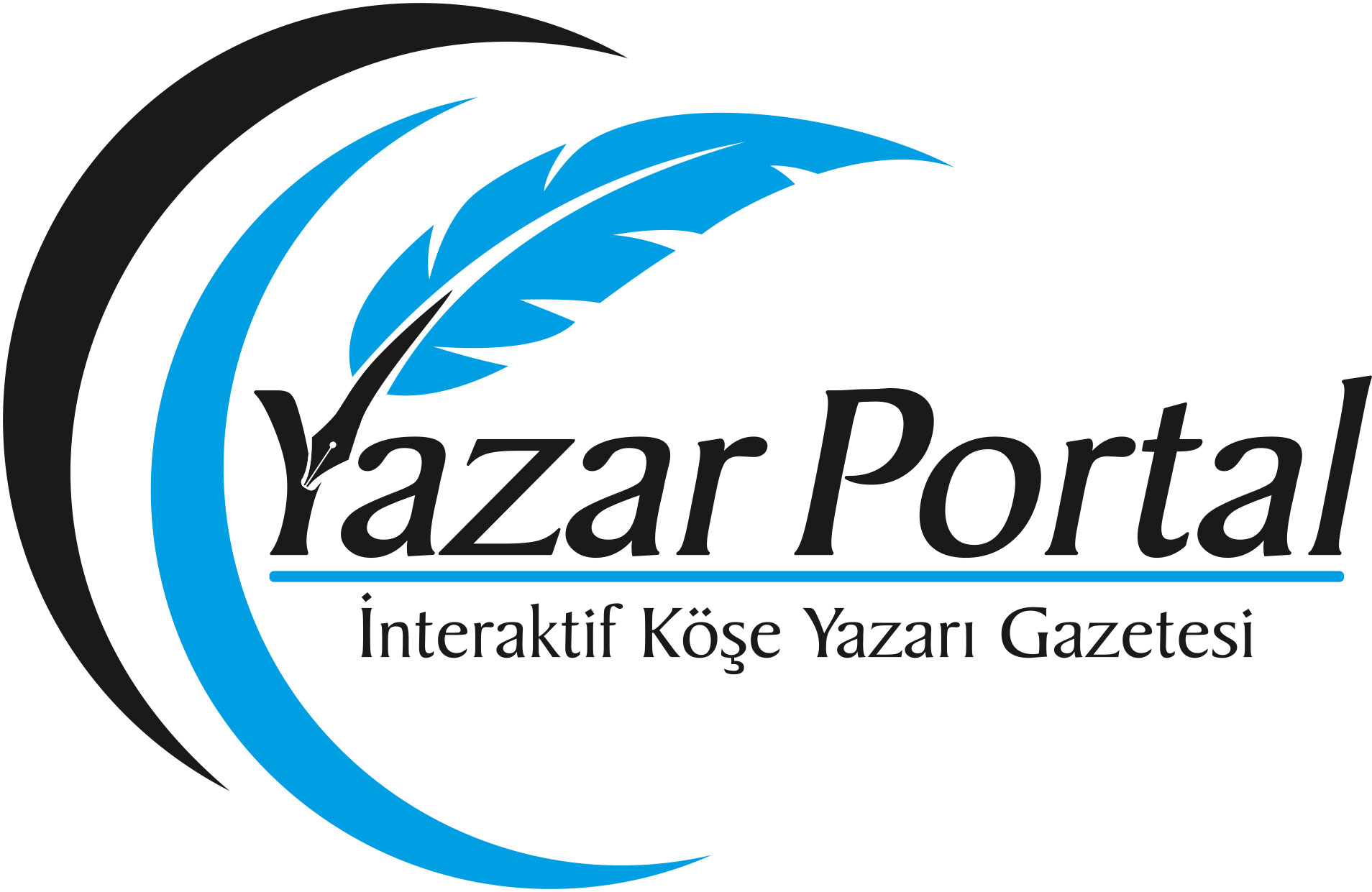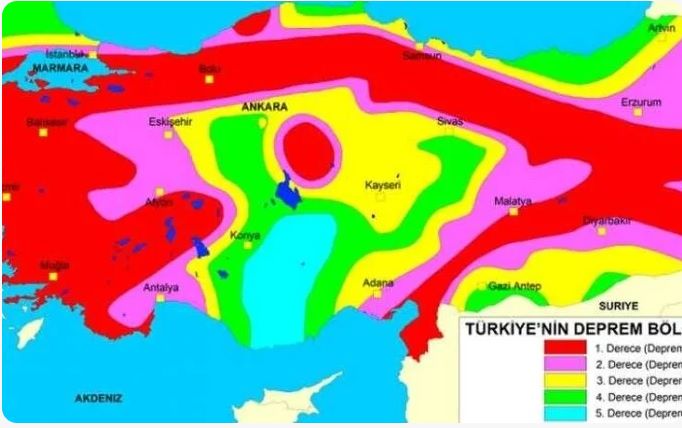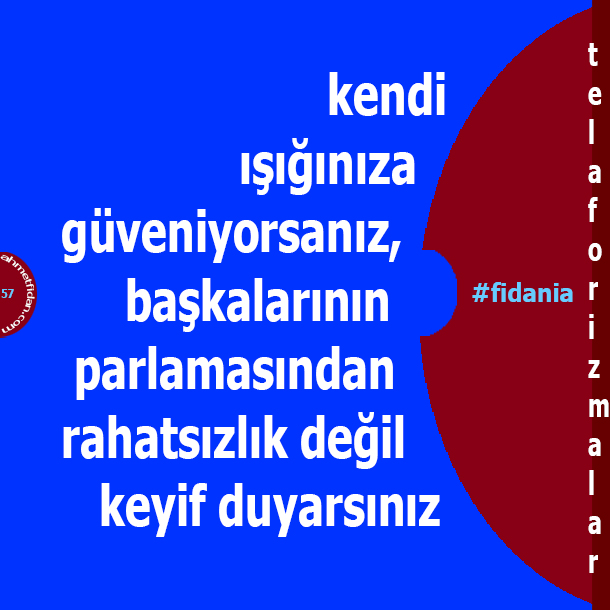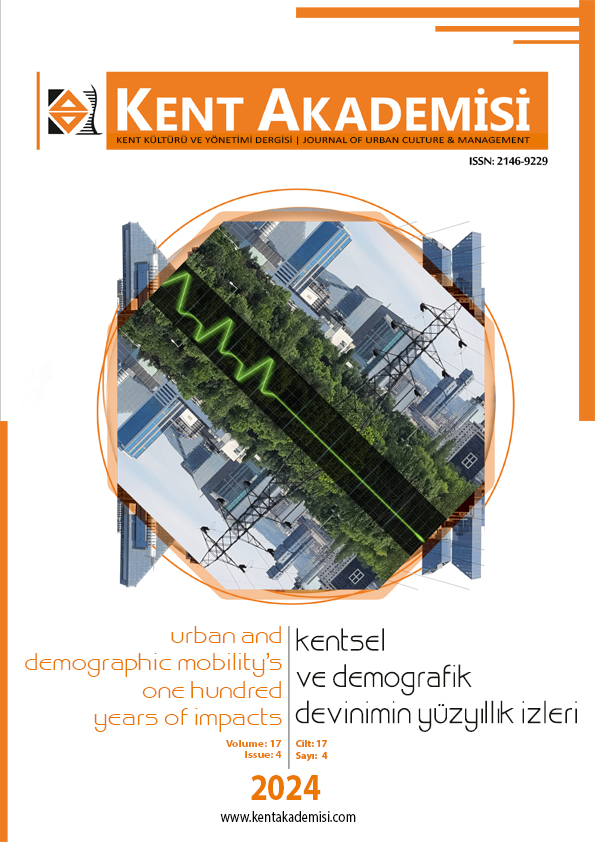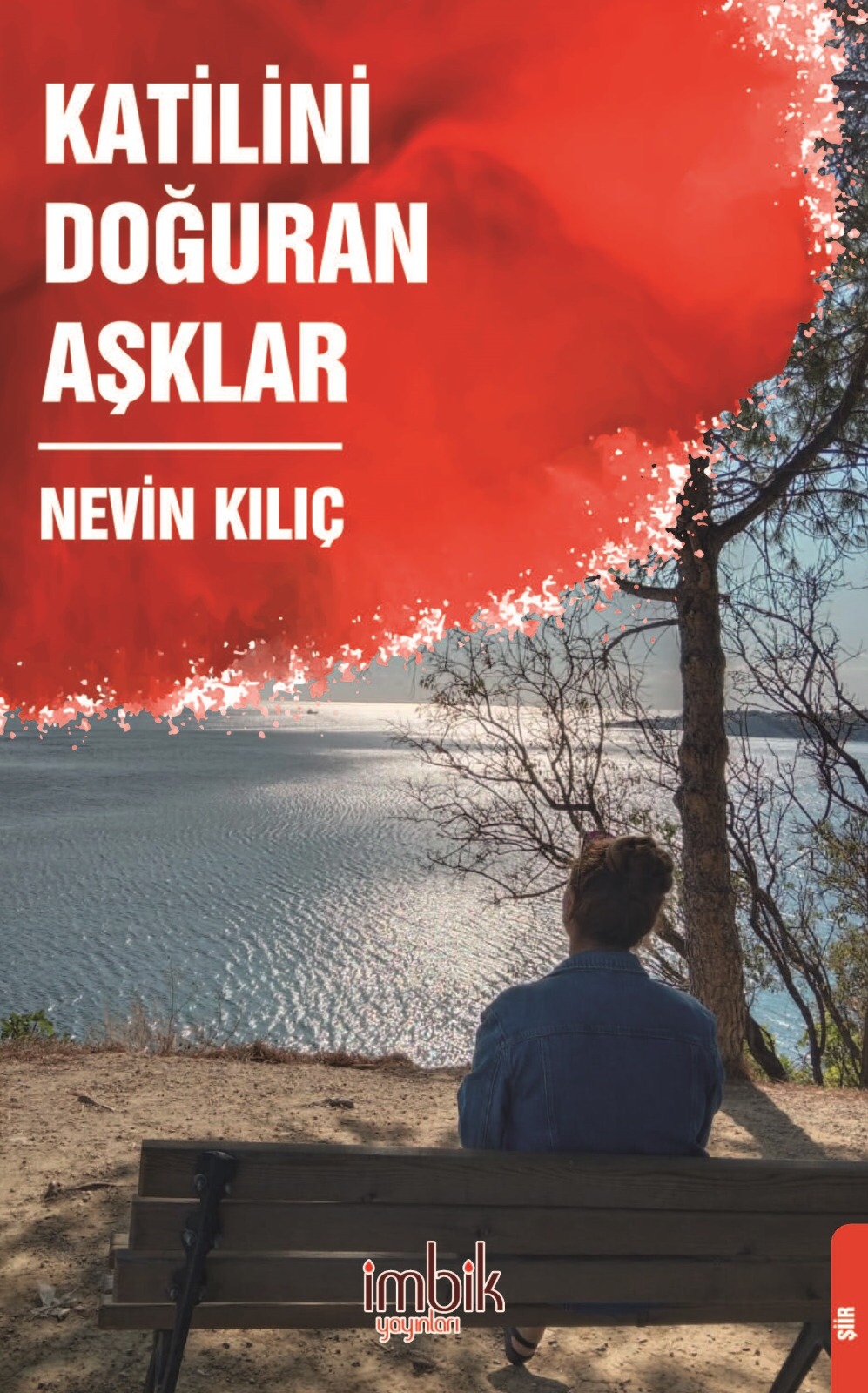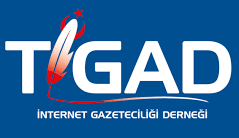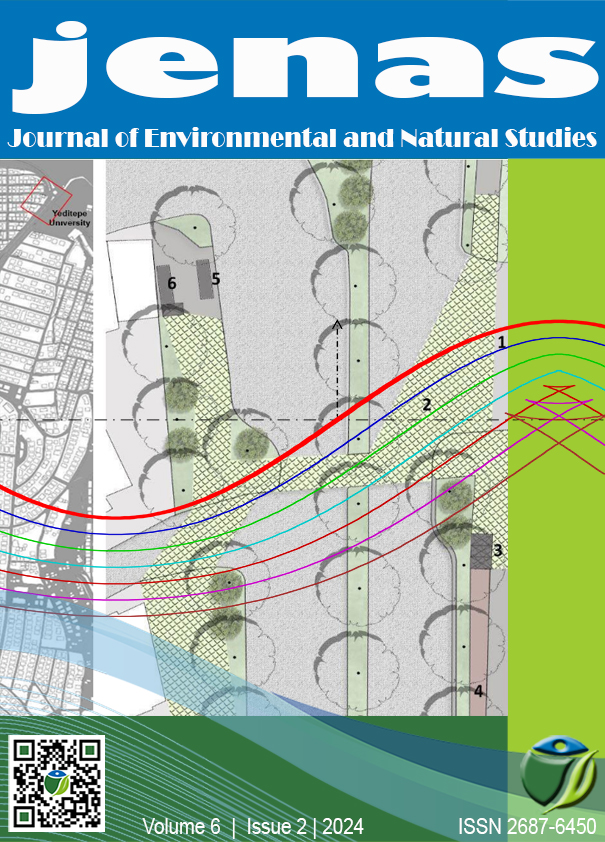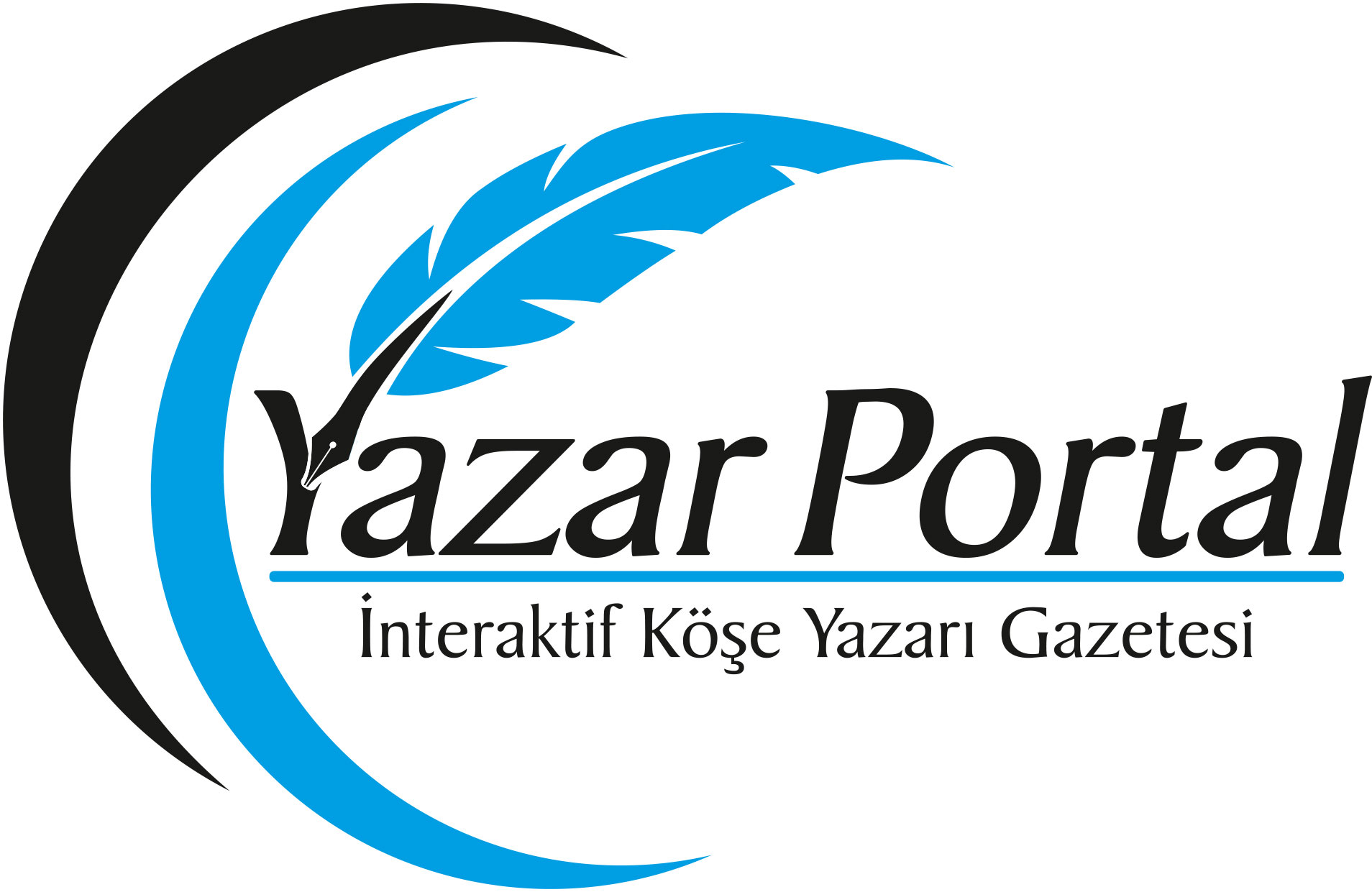Yaşadığımız koronavirüs günlerinin dünyaya format atıp, işlemi sil baştan yeniden başlattığı herkesin kabul ettiği bir gerçek.
21. Yüzyıl için her şey yeniden yükleniyor?
Peki, 21. Yüzyıl kimin yüzyılı olacak?
Millet ve devlet olarak en önde gelen adaylardan olduğumuza inanıyorum.
Şart şu ki; yapmamız gereken işleri yapabilirsek, görevlerimizi hakkıyla ifa edebilirsek.
Alev Alatlı; konuyu bizim açımızdan şöyle özetler: “3. Mustafa’nın 1700’lü yıllarda dile getirdiği, asgari 250 yıldır çözemediğimiz ağır bir liyakat sorunumuz var. Başkanlık sistemi ile çözebilirsek rahmetli Özal’ın kehaneti doğrulanır, 21. yüzyıl gerçekten de Türklerin yüzyılı olur inşallah. Liyakat sorunu çözüldüğünde Türkiye şahlanır. Bir kere, eğitimden adli sisteme, imardan enerjiye, tarımdan basına hemen her alanda gözlemlediğimiz o müthiş savurganlığın sonu gelir. Zor kazanılmış birikimlerimizi rasyonel yatırımlara dönüştürme imkânı doğar. Zaman yönetimi mümkün olur. Bir günlük işi bir aya yayıp sürüncemede bırakmaz, ödenekleri çarçur etmez, bütçeleri delmeyiz. Gözaltı süreleri kısalır. Mahkemeler daha hızlı karar alır. Çocuklar hangi sınava gireceklerini bilir. Tesisatçı gideri yanlış yere bağlamaz. Elektrikçi kabloyu izole eder, yangın çıkartmaz. Caddeler, en ufak bir serpintide göle dönmez. Dünyayı doğru okur, doğru yorumlar, kim dost, kim düşman doğru kestirirsek olası FETÖ’lere hazırlıksız yakalanmayız.
Hepsinden önemlisi, liyakat noksanının suçunu birbirimize atmaz, birbirimizi haksız kazançla, ihanetle suçlamaktansa meselelerin kök nedenlerine inme alışkanlığı kazanırız. Siyaset bile rasyonelleşir. Bizi kahreden olumsuzlukların ezici çoğunluğu, aktörlerin ehil olmamalarından kaynaklanıyor, ahlaksızlıklarından değil. Kısaca, liyakat meselesini çözer, emaneti ehline bırakmayı ilke edinirsek, etnik veya sınıfsal veya ideolojik kutuplaşma kaygıları yok olur, Türkiye 21 yüzyılda uçar! Ele güne karşı caydırıcı bir güç olmak da böyle bir şeydir zaten. Hayırhah bir güç olmak da öyle. Adli sistemin ihyası, milli eğitimin yalpalamalardan kurtarılması var.
Ancak bunların her ikisi de muazzam siparişlerdir, başarı yine döner dolaşır liyakatta düğümlenir. Bakın, ne milli eğitim sistemi ne de adli sistem boşlukta tekevvün eder. Bu kurumlar toplumun genel zihniyetinin, değer yargılarının, dini inançlarının, dönemin hakim dünya görüşlerinin, evrensel düşünce akımlarının ve nihayet sosyoekonomik yapılanmasının ortak ürünleridir. Ne bir hükümet ne bir bakanlık ne bir sivil toplum örgütü veya mezhep veya tarikatın tek başına altından kalkabileceği düzenlemeler değildirler. Daha açık söyleyeyim: “Ben yaptım oldu.” da yoktur, “Bundan daha iyisi olmaz.” da yoktur. Seferberlik boyutlarında ortak gayret, ince ayar, adanmışlık gerekir. Seferberlik denildiğinde, ehil kadrolar hayati önem kazanır. Umarım ki, bu defa “Elimden geleni yaptım.” mazeretine sığınmayan, “yapılması gerekeni yapan” kadroları bir araya getirme imkanı olur. Yeri gelmişken, liyakati tespit etmenin birtakım nesnel kriterleri olduğunu da hatırlatayım. Örneğin, akademik literatürde “accountability” diye geçen, hesap verebilirlik/sorulabilirlik/sorabilirlik diye bir norm var. Kişiyi yaptıkları kadar yapmadıklarından da sorumlu tutan bu düzgünün etkinleştirilmesi halinde, liyakati objektif olarak saptamak kolaylaşacaktır. “Akreditasyon” diye de bir düzgü var. Bu da kişi ve kurumların evrensel standartlar muvacehesindeki yerlerini tespit etmeye yarar. Üniversitelerden hastanelere, adli tıptan hukuk mahkemelerine kadar hemen tüm kurumlarda işlevsel olabilir. Diyeceğim liyakati saptayacak objektif yöntemler var, hantallık kader değildir.”[1]
20. yüzyılda New York, Londra, Berlin ve Moskova’ da dünyaya şekil veren egemen seçkinler tüm dünyanın geçmişini açıklama ve geleceğini öngörme iddiası taşıyan üç büyük sistem formüle ettiler: faşist, komünist ve liberal sistem. II. Dünya Savaşı faşist sistemi devirdi ve 1940’ların sonlarından 1980’lerin sonlarına kadar dünya sadece iki sistemin savaş alanıydı: komünizm ve liberalizm. Sonra 1988’de komünist sistemde çöktü ve liberal sistem baskın bir biçimde, en azından dünya çapındaki seçkinlere göre, insanlığın geçmişine rehber ve dünyanın geleceğinin olmazsa olmaz kılavuzu haline geldi. Modernizm, pozitivizm hatta post-modernizm geçmişten gelen, gelenekte olan birçok olguyu yerle bir etti. Esen sert rüzgârlar karşısında her şey yeniden konuşlanmak durumunda kaldı. Fakat 2008′ de yaşanan küresel finans krizinin ardından liberal sistem, dünyanın dört bir yanında gittikçe daha fazla insanı hayal kırıklığına uğrattı. Duvarlar ve güvenlik duvarları tekrar su yüzüne çıktı. Göç ve ticaret anlaşmalarına karşı direniş tırmanışa geçti. Sözde demokratik devletler hukuk sistemini hiçe sayıyor, basın özgürlüğünü kısıtlıyor, her tür muhalefeti hainlik diye nitelendiriyordu. 1938′ de insanların tercih edebileceği üç küresel sistem mevcuttu, 1968′ de sadece iki, 1998′ deyse tek bir anlatı hüküm sürüyor gibiydi; 2018’e gelindiğindeyse elimiz boş kaldı.”[2]
Harari’nin ifade ettiği gibi ve koronavirüs sürecinin perçinlediği bir gerçek şu ki; beşeriyetin büyük umutlarla sarıldığı 3 temel sistem bu gün kesinlikle çökmüştür. İnsanlık 21. Yüzyılda eli boş bir halde saadetini temin edecek yeni fikir ve önerilere ihtiyaç duymaktadır. Harari, bu ihtiyacı giderme iddiasında olan düşünce sisteminin 21 konuda insanlığın önüne somut ve ikna edici projeler koyması gerektiğinin altını çizer:
“Uyanış, iş, özgürlük, eşitlik, topluluk, medeniyet, milliyetçilik, din, göç, terörizm, savaş, alçakgönüllülük, Tanrı, Laiklik, cehalet, adalet, hakikat sonrası(metafizik), bilim kurgu, eğitim, anlam, meditasyon.”[3]
Liyakat meselesini çözer, emaneti ehline teslim edebilirsek 21. Yüzyılda üzerinde çalışacağımız, bize 20 yüzyıl ve daha eski çağlardan kalma 21 temel konumuz var.
Günümüzde Harari’nin eksik-fazla 21 maddede özetlediği insanlığın problemlerine tatmin edici cevaplar ancak Yüce Allah’ın dünya ahiret saadetinin reçetesi olarak gönderdiği İslam dininde vardır. Tarihte insanlığın zorlandığı bütün zamanlarda Yüce Allah Resulleri ve dinlerle inayetini göstermiştir. Kıyamete kadar yetecek kök hücre ve kodları barındıran Kur’an-ı Kerim ve Sahih sünnet temelli yeni bir akıl, gönül ve zihin inşası için Müslümanlar kolları sıvamalılar.
İslam’ın 1000 yıldan fazla süredir bayraktarlığını yapan bu millet, Alev Alatlı’nın ifade ettiği gibi liyakat sahibi insanlara emanet olan görevleri telim ederek, dinin esaslarını günümüzün problemlerinin çözümüne uygulayarak ciddi çalışmalar yaptığında –Allah’ın izni ve inayetiyle- 21. Yüzyıl bizim yüzyılımız olacaktır.
Who will be the 21st century?
It is a fact accepted by everyone that the coronavirus days we live in have formatted the world and restarted the process from the beginning.
Reloading every thing for the 21st Century?
So, who will be the 21st century?
As a nationand state, I believe that we are one of the leading candidates.
The condition is that; if we can do what we need to do, if we can performourduties properly.
Alev Alatlı; summarizes the issue for us as follows: “3. We have a serious problem of merit, which Mustafa expressed in the 1700s, which we could not solve for at least 250 years. If we can solve it with the presidential system, the prophecy of the deceased Özal is confirmed, I hope the 21st century will truly be the century of theTurks. When the problem is solved, Turkey Merit is rampant. For one thing, the end of the great extravagance we observe in almost every field, fromeducation to the judicial system, from reconstruction to energy, from agriculture to the press. It be come spossible to convertour hard-earned savings intorational investments. Time management is possible. We do not spread a day’s work to a month and keep it on, we do not waste the allowances, we do not Pierce the budgets. Detention periods are shortened. Courts make decisions faster. Children know which exam to take. The plumber does not link the expense to the wrong place. The electrician insulates the cable, does not cause a fire. The streets do not return to the lake in the slightest fallout. If were ad the world correctly, interpret it correctly, who are friend sand who are enemies, we will not be caught unprepared for possible FETOs.
Above all, we do not blame the merit of merit, but we get into the habit of going down to the root causes of issues rather than accusinge ach other of unfairprofit sand betrayal. Even politics be comes rational. The over whelmingmajority of the negativities that broke us are due to the inability of actors, not their immorality. In short, solves the issue of merit, we adopted the principle of leaving the safety of thein habitants, is no ethnicorclassorideo logical polarization concerns, Turkey at theend of the 21th century! Being a deterrent force against the day is also such a thing. It is also to be a good power. There is a revival of the judicial system and the liberation of national education from wobbles.
However, both of these are enormous orders, success is again revolvingand knotted in merit. See, neitherthenational education system North ejudicial system are taught in space. These institutions are common products of the general mentality, value judgments, religious beliefs, prevailing world views, univers althought movement sand finally socioeconomic structuring of the society. They are not a government, a ministry, a non-governmental organization, orregulations that sector cult can stand alone. Let me be more specific: “I did it.” Neither does it, “It doesn’t get any beter than this.” there is no. Common mobilization, fine tuning, dedication are required in the mobilization dimensions. When it comes to mobilization, competent cadres be come vital. I hope this time, “I did my best.” There is an opportunity to bring to gether the “do what to do” cadres that do not take refuge in their excuse. Let me also remind you that the reare some objective criteria for determining merit. For example, in the academic literature there is a norm called “accountability” called accountability / questionability / ask ability. If this order, which holds the person responsible for what they do not do as much as they do, is enabled, it will be easier to determine the merit objectively. There is also an order called “accreditation”. This helps to determine the positions of individuals and institutions in the universal standards. It can be functional in almost alin stitutions, from universities to hospitals, for ensictocivil courts. There are objective methods to determine the merit that I will say, bulkyness is not destiny. ”
The dominant elites who shaped the world in New York, London, Berlin and Moscow in the 20th century formulated three major systems that claim to explain the past and predict the future of the world: the fascist, commun istand liberal system. II. World War over threw the fascist system, and from the late 1940s to the late 1980s, the worldwasonly the battlefield of two systems: communismand liberalism. Then, in 1988, the communist system collapsed, and the liberal system predominantly became the indispens able guide to the past of mankind and the future of the world, at least for the elite world wide. Modernism, positivism, and even post-modernism have demolished many traditions from the past. In the face of the harsh winds, everything had to be rede ployed. But after the global financial crisis in 2008, the liberal system disappointed more and more people around the world. The wall sand fire walls surfaced again. Resistance to migration and trade deals has escalated. Theso-called democratic states disregarded the legal system, restricting freedom of the press, describing all kinds of opposition as treachery. There were three global systems that people could choosein 1938, only two in 1968, and a single narrative prevailed in 1998; By 2018, our hand remainedempty. ”
As Harari puts it, and the fact that the coronavirusprocess is riveted is as follows; 3 basic systems, where humanity is surrounded with great hopes, have definitely collapsed to this day. Humanity needs new ideas and suggestions to ensure happiness in the 21st century, empty-handed. Harari underlines that the system of thought, which claims to meet this need, should put concrete and persuasive projects in front of humanity on 21 issues:
“Awakening, work, freedom, equality, community, civilization, nationalism, religion, immigration, terrorism, war, humility, God, Secularism, ignorance, justice, post-truth (metaphysics), science fiction, education, meaning, meditation.”
If we solve the issue of merit and hand over the trusttoits people, we have 21 basic positions that we will work on in the 21st century, dating back to the 20th century and older times.
Today, satisfactory answers to the problems of humanity, which Harari summarizes in the missing-more than 21 articles, are only in the religion of Islam, which Allah sent as a recipe for the happiness of the world. He showed his grace with the Prophet sand religions of Allah Almighty at all times in the history when humanity had difficulties. Muslims should rollup their arms to build a new mind, heart and mind based on the Qur’an and Sahih, which contains enough stem cells and code suntil the apocalypse.
This nation, which has been the flag-be arer of Islam for more than 1000 years, as Alev Alatlı put it, by practicing the duties entrusted to people withmerit, by applying the principles of religion to the solution of today’s problems – 21st century is our century. It will be.
[1] Geniş bilgi için: https://www.aa.com.tr/tr/roportaj/liyakati-cozersek-21-yuzyil-turklerin-yuzyili-olur/1209288
[2]Yuval Noah Harari, 21. Yüzyıl İçin 21 Ders, (İstanbul: Kolektif Kitap, çev. Selin Siral, 2018), 23.
[3]Yuval Noah Harari, 21. Yüzyıl İçin 21 Ders, (İstanbul: Kolektif Kitap, çev. Selin Siral, 2018), 10-12.










